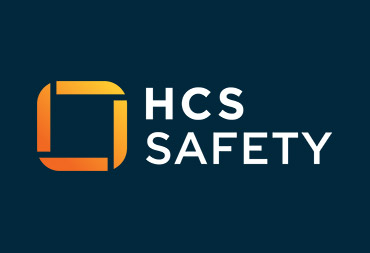The effects of work on our physical health are well known – work can cause problems for our hearing, lungs, skin, our muscles and joints – but increasingly it is our minds that are being challenged by the jobs that we do.
What is workplace stress?
The Health & Safety Executive defines workplace stress as Health & Safety Executive (HSE) defines Wior“A harmful reaction people have to undue pressures and demands placed on them at work.”
Many of us can be highly motivated by the challenges of a tight deadline, or the sense of achievement we get from completing a difficult piece of work, but if that deadline is unachievable or there are other barriers to us doing a good job, then we may be straying from pressure into stress.
Workplace stress is a difficult subject to tackle as it can be very subjective and lots of factors are in play, but tackle it we must as it is one of the biggest challenges facing employers today.
The business case for preventing and managing workplace stress
Latest HSE figures show…
- 914,000 workers in the UK are suffering work-related stress, depression or anxiety, that’s over 50% of all work-related illness
- 17.0 million working days lost due to work-related stress, depression or anxiety
- £5.3billion – estimated cost to employers of work-related stress
The figures speak for themselves, but there is hope! On the positive side, preventing and managing stress in our workforce can achieve:
- Higher levels of commitment from our workers
- Increased performance, quality of work and productivity
- Higher attendance levels
- Better retention of staff levels = reduction in required recruitment
- Increased customer satisfaction
- Improved organisational image and reputation
- Reduction in potential litigation claims
- Increased capability and workforce resilience
What are the most important factors for workplace stress?
There are 6 key areas to consider:
Demands
- Workload/ shift patterns/ the work environment/ work equipment
Control
- How much say people have in how they do their jobs
Support
- Encouragement and feedback from managers and colleagues
Relationships
- Discrimination, bullying, team building, dealing with conflict
Role
- Clarity of job descriptions and responsibilities
Change
- Communication – clarity v gossip. Consultation over changes
These 6 areas are the key to preventing and managing workplace stress. They are the HSE’s Management Standards – the closest thing we have to legal guidance on workplace stress. A clear understanding of how well we deal with these 6 areas is essential in dealing with this.
What should employers do?
1. Assess your risks
A stress survey is a great place to start. The HSE has produced a questionnaire based on the 6 Management Standards above that will help employers to identify where to prioritise. It is free to download from the HSE’s website: https://www.hse.gov.uk/stress/assets/docs/indicatortool.pdf
2. Understand the happy chemicals
The human body is an incredible thing and as well as producing the stress hormone Cortisol, it also produces other, more positive chemicals that affect our mood. So, what are they and how do we help our staff make more of them…?
Dopamine
- The rewarding chemical
- Completing a task
- Games and puzzles
- Eating food
Oxytocin
- The love hormone
- Hugging loved ones
- Holding a baby
- Socialising
Seratonin
- The mood stabilizer
- Sun exposure
- Meditating
- Being in nature
Endorphin
- The pain killer
- Laughing
- Exercising
- Dark chocolate
If we can make it easier for our staff to exercise at lunchtimes, especially out in the fresh air and with colleagues, then we might just be able to create ALL of the happiness chemicals, and it won’t cost a penny.
3. Train your staff
Gaining a full understanding of the causes and effects of stress and the ways to manage it can all be found in one day on the NEBOSH HSE Certificate in Managing Stress at Work course.
Knowing how to recognise and deal with mental health issues in the workplace is an important skill and so First Aid for Mental Health courses are a fantastic option too.
4. Talk to the experts
If you’d like support or training in preventing and managing workplace stress, or any other health and safety matter, please contact us at HCS Safety Ltd.




